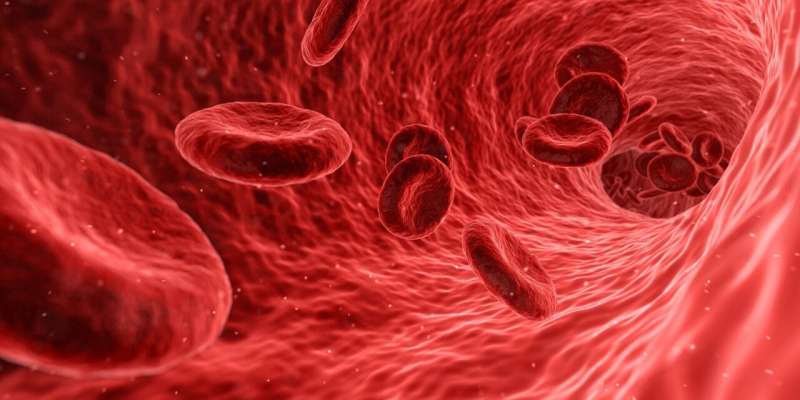Promising Results of Combined Epigenetic Therapy in Blood Cancer Treatment

A groundbreaking preclinical study shows that combined epigenetic inhibitors targeting G9a and DNMTs can effectively reduce tumor growth and induce cell death in multiple myeloma, opening new therapeutic possibilities.
Researchers at Uppsala University have made significant strides in the fight against multiple myeloma, an aggressive and often incurable blood cancer originating in the bone marrow. Their recent preclinical study highlights the potential of dual drug therapy targeting epigenetic regulators to inhibit tumor growth and induce cancer cell death. Published in the journal Blood Advances, the study explores how combining inhibitors of G9a and DNA methyltransferases (DNMTs) can effectively combat the disease.
Multiple myeloma is characterized by the rapid proliferation of antibody-producing immune cells, making treatment particularly challenging despite advances in therapy. A notable aspect of this cancer involves epigenetic modifications—changes in gene activity without alterations in the DNA sequence—that can promote cancer progression. Specifically, the study focused on two proteins, G9a and DNMTs, which play crucial roles in epigenetic regulation and are linked with poor patient prognoses.
In laboratory experiments, the researchers treated both cultured cancer cells and primary patient samples with drugs inhibiting G9a and DNMTs. The results showed a marked decrease in cell viability and a significant increase in apoptosis, or programmed cell death. Additionally, the combination therapy lowered levels of key oncoproteins that sustain tumor growth. The team further tested this approach in a mouse model, where they observed a synergistic effect: the dual treatment suppressed tumor growth more effectively than individual therapies. This combined inhibition also reactivated tumor suppressor genes and activated apoptosis-related pathways, further boosting its anti-cancer effects.
Professor Helena Jernberg Wiklund, who led the research, emphasized the importance of these findings: "Our study provides the first preclinical evidence that simultaneously targeting G9a and DNMTs can synergistically disrupt epigenetic mechanisms driving multiple myeloma. This offers promising new avenues for developing more effective therapies against this difficult-to-treat disease."
These insights deepen our understanding of how epigenetic regulation contributes to multiple myeloma and highlight the potential of combination epigenetic therapy as a novel treatment strategy. The results pave the way for future clinical trials aimed at translating these findings into therapies that could significantly improve patient outcomes.
Source: https://medicalxpress.com/news/2025-07-drug-combination-anti-tumor-effects.html
Stay Updated with Mia's Feed
Get the latest health & wellness insights delivered straight to your inbox.
Related Articles
Innovative Virtual Reality Training Reduces Infection Risks in Portable Medical Devices
A new virtual reality training program developed by Mass General Brigham enhances infection control practices for portable medical devices, aiming to reduce healthcare-associated infections and improve patient safety.
Increase in Veterinary Sedative Medetomidine Detected in Opioid Overdose Cases
Medetomidine, a veterinary sedative, is now being found in illegal opioids, increasing overdose risks and complicating treatment. Learn about this dangerous adulterant spreading in the drug supply.
Researchers Develop Targeted Approach to Separate Pain Relief from Inflammation in NSAIDs
New research from NYU reveals that targeting a specific prostaglandin receptor can alleviate pain without suppressing essential inflammation, paving the way for safer pain therapies.



